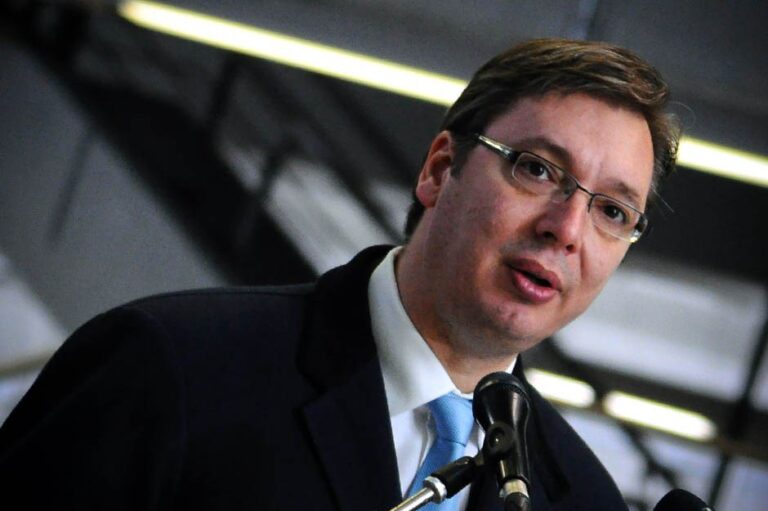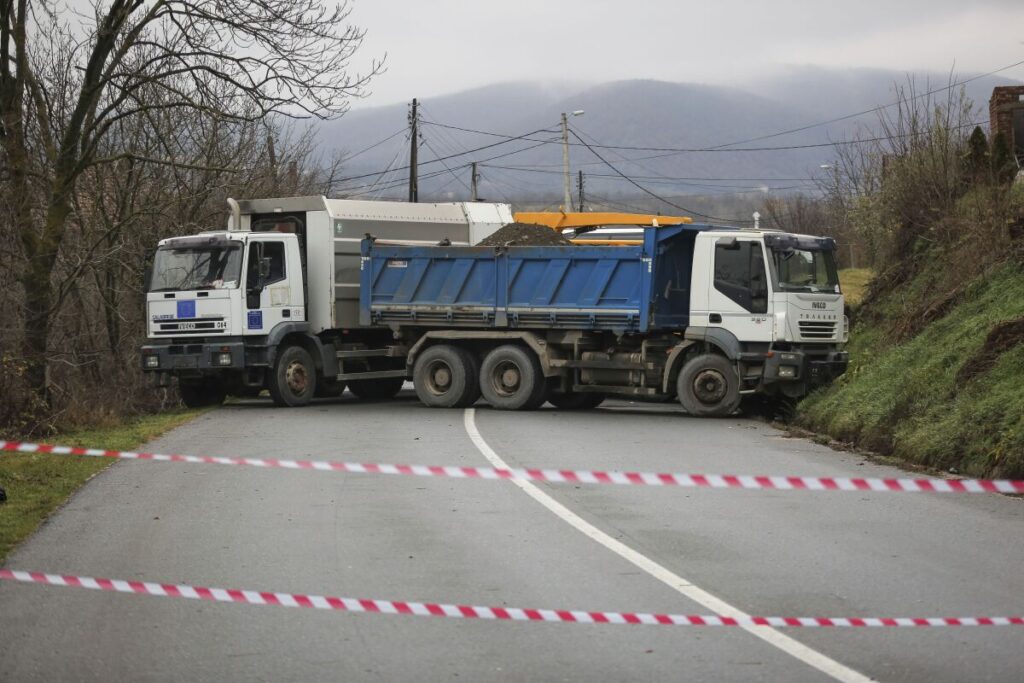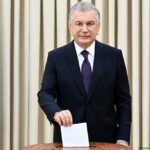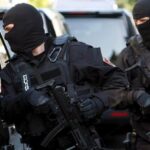In a recent article published on the website of the New York Times weekly magazine, it discusses the alleged connections between the Serbian President, Aleksandar Vučić, and the world of crime in Serbia. The article provides details about the crimes committed by Veljko Belivuk’s gang, whose leader claims to have served the power of President Aleksandar Vučić. Journalist Robert F. Worth describes in detail the crimes committed by Belivuk’s gang in the article.
Belivuk, the head of the Partizan Belgrade football team’s fan group, along with 29 members, were arrested in 2021. During a closed court session, among other things, he stated that his gang was organized “for the needs and by order of Aleksandar Vučić,” according to court transcripts cited in the NYT article. He described some of the work the gang claimed to have done for the government, such as intimidating political rivals, and stated that he had personally met with President Vučić.
The ‘Janjicari’ supporters, led by Belivuk, also known as ‘Velja the Trouble,’ previously had Aleksandar Stankovic, a 26-year-old leader who was also involved in drug trafficking. Stankovic was killed in Belgrade in 2016 under unclear circumstances. It’s been reported that Belivuk remained in contact with Vučić through Aleksandar Vidojević, also known as Aca Roshavi, who happens to be a close friend of Vučić’s son. In recent years, the media have also published pictures of Vučić’s son, Danilo, in the company of Vidojević.
Initially, President Vučić dismissed the accusations made by the New York Times regarding his alleged connections to the world of crime. However, a few days later, as expected, during a television appearance, Vučić blamed the CIA for the article published in the New York Times. “I realized the moment it was released right around the time of the Brussels talks,” he said, referring to the article. “The CIA prepares you, the CIA is watching, and if you don’t listen, that’s just the beginning. My answer is that I understood the message, I was not intimidated by them, and I will fight for my country.” He even claimed that he had shown that the recently published text about him in the NYT was ordered five months ago and compiled in Serbia.
Blaming others for problems or failures is a common political tactic used by Serbian President Aleksandar Vučić. Rather than admitting his government’s shortcomings, Vučić has been known to avoid criticism and shift the focus away from his own mistakes by blaming outside forces, such as the CIA this time. This strategy may be effective in appealing to nationalist sentiment and rallying support among Vučić’s base, but it also raises questions about his ability to take responsibility for his actions and address legitimate criticism of his policies. While trying to sell his poor and ineffective policy as CIA tricks, same as Putin tried to portray his problems like confrontation with the West, the same Vučić justified himself in 2021, when Belivuk declared his ties with Vučić and Vulin, saying that “this story could not have been fabricated by the criminal group of Veljka Belikuva, but they received instructions from the ‘mafia adviser’, referring to a person whose name he never mentioned.
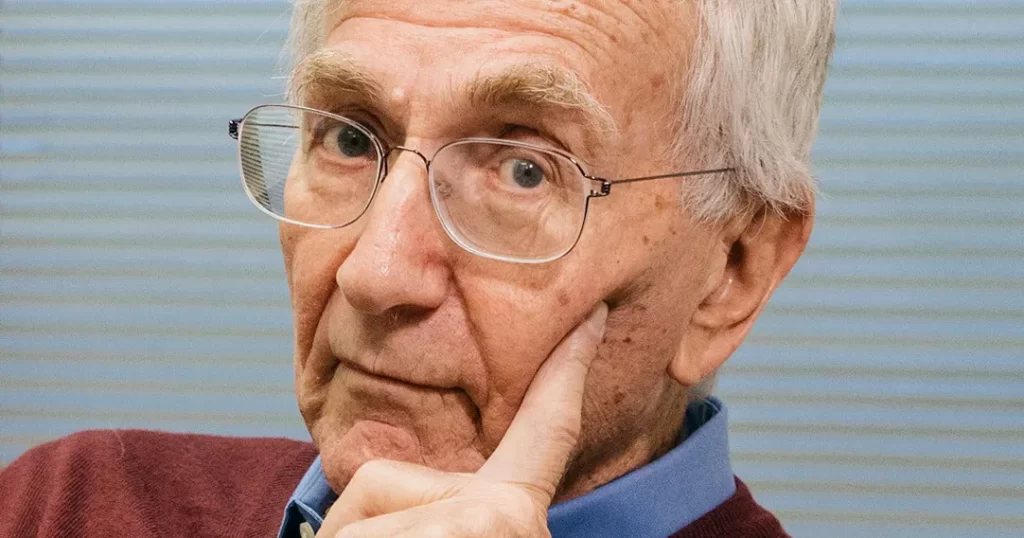
Read also: Scale of Kremlin assets’ exposure in U.S.
Unlike the region, Serbia’s political stability mainly depends on President Vučić. Depending on how he feels about the defeat or victory in the dialogue with Kosova, he can make unilateral decisions on holding new elections. As author Robert F. Worth points out in his article ‘The President, the Soccer Hooligans and an Underworld ‘House of Horrors’ recently published in the NYT, “He has been very effective in controlling almost all the levers of power in Serbia and has used all the opportunities.
Vučić’s strategy to consolidate his power in Serbia involves relying on criminal gangs, and it seems that he is also implementing a similar approach in the North of Mitrovica (Kosova). Reports suggest that these gangs are terrorizing Kosovar Serbs who are abiding by the laws of Kosova, by burning cars with Kosova license plates and destroying their private property.
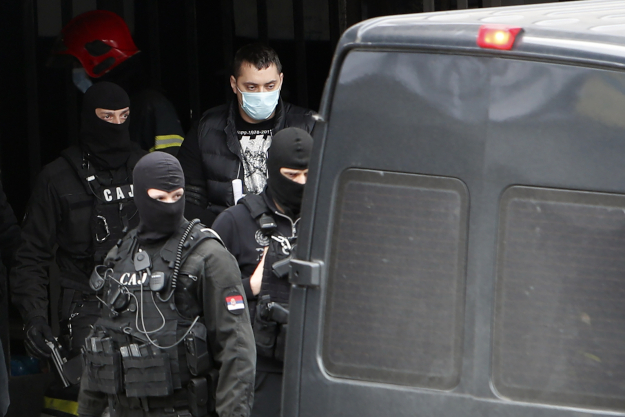
Read also: Serbia: mafia at the top
Vučić appears to be using these criminal groups to obstruct the establishment of law and order in this area, which has led to a rise in serious tensions multiple times in recent years. The New York Times has also highlighted the risk of President Vučić promoting the idea of a ‘Serbian world’ and making territorial claims against Kosova. This could potentially involve military intervention for the annexation of the northern region of Kosova. Such concerns are keeping European diplomats up at night and may lead to increased pressure from the EU and USA to reach the final agreement between the two countries.


